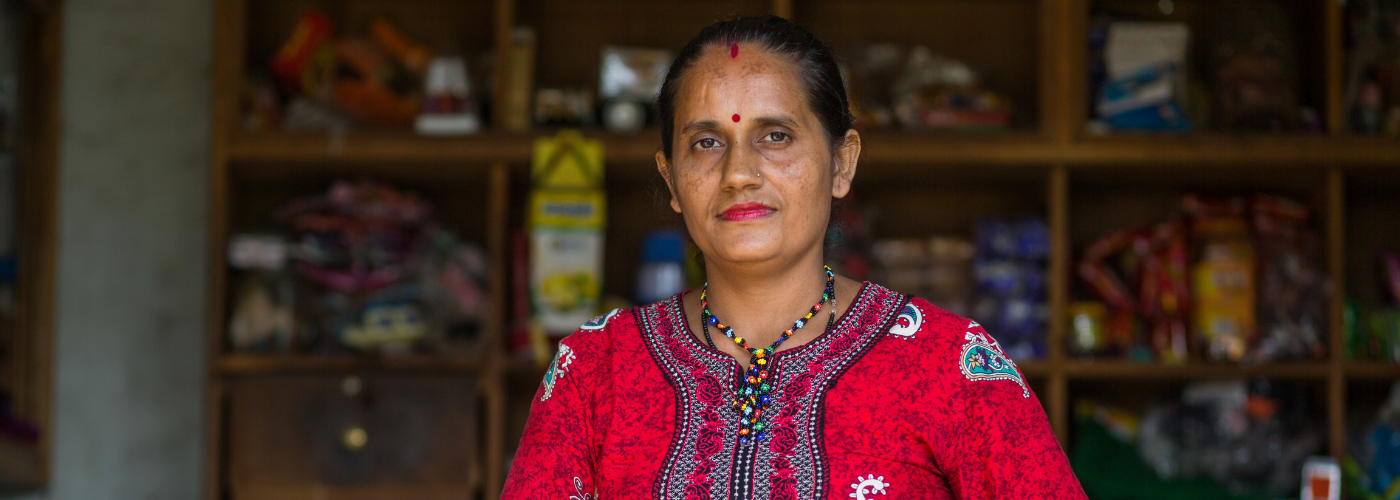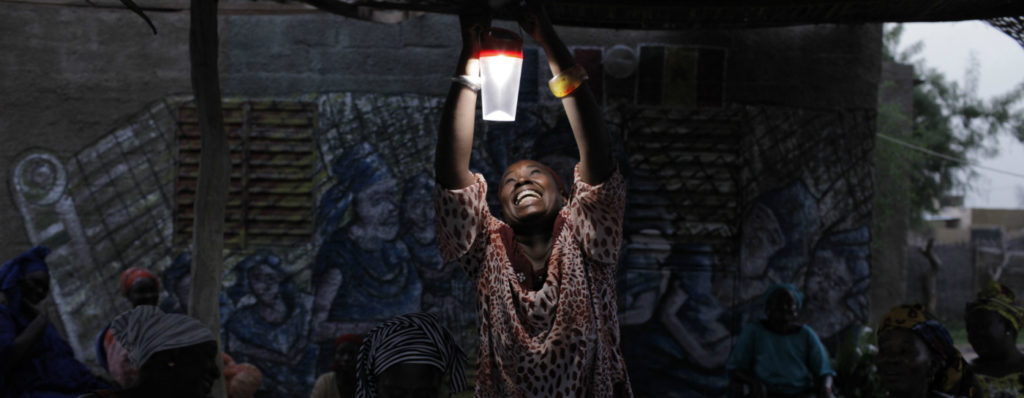To bridge the gender gaps throughout the energy supply chain and in decision-making groups, ENERGIA, EnDev, Modern Energy Cooking Services (MECS), Hivos and the Swedish International Development Cooperation Agency (SIDA), launched the Gender and Energy Innovation Facility in July 2020. The facility aims at developing, testing and evaluating innovative approaches to address the persistent gender energy challenges. The following projects are being implemented in Nepal.
Women trained to repair electrical cooking devices
The Nepalese government has clean energy, clean cooking and gender inclusion high on its agenda. Hence, promotion and increasing the use of e-cooking has been a prime focus in the Nepalese energy market. And while users are switching to e-cooking, there appears to be a gap in after-sales services. The Women’s Network for Energy and Environment (WoNEE) wants to close this gap. WoNEE wants to train women who own an electrical appliances store to provide maintenance and repair services, mainly for electric stoves. Customers now have somewhere to go when their appliances need maintenance. This will promote electric cooking. It also provides shop owners with an additional income.
Improving the production process of typical Nepalese handmade paper
Lokta paper is a typical and traditional handmade paper from Nepal. After having been around for over 1,000 years, the typical paper almost disappeared. Since the rise of Nepal’s tourism industry in the 1970s, the demand for Lokta paper also began to rise again. Currently, the Lokta paper industry grows at a rate of 15% per year. The production process, however, is highly polluting and energy-consuming. Since 75% of the workforce in this industry is women, they are the most affected by the harsh working environment as they inhale the toxic smoke. The innovations that PACE Nepal Pvt. Ltd. brings to this industry are important changes in the production process, making it more environmentally friendly and improving the working conditions. Replacing the traditional open type drum cooking vessel with a pressurized cooking one will reduce the cooking time and save energy. Replacing traditional inefficient cooking stoves with an improved clean one also saves energy and produces less toxic smoke. A third way to reduce the fuel is using a solar water heater for preheating the water in the cooking vessel.
Mobile solar farm combined with vermiculture grows women’s economic empowerment
In rural Nepal, domestic chores, including the care for the elderly, children and the sick, often fall on women and girls. This confines them to home-based economic activities. A vital step toward gender equality would be ‘backyard income generation’. This way, caring for family members does not impede women’s earning potential. The Gham Chhaya Farms project stimulates this backyard income generation by stimulating women farmers to operate and use solar energy for productive purposes while combining this with vermiculture boxes underneath the solar panels. The vermiculture boxes produce compost that farmers can use on their farms. The project will select a community engaged in activities such as agriculture (vegetable farming), dairy or poultry. Farmers can use the energy from the solar panels for chilling milk and other dairy products or the lamps used on chicken farms to regulate the temperature. The compost serves as fertiliser. Any excess from the system – energy, compost or worms – can be sold or traded as an additional source of income.
Read more about the Gender and Energy Innovation Facility.
More on innovative projects in Kenya and Tanzania.


